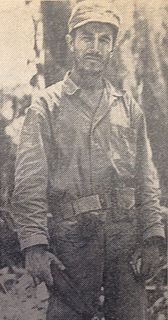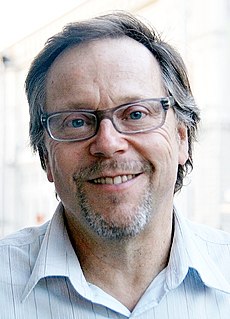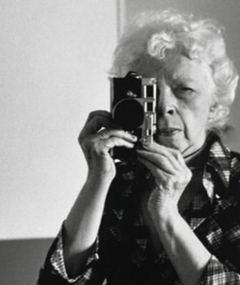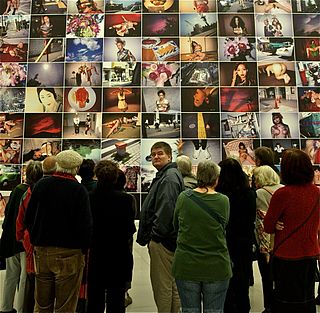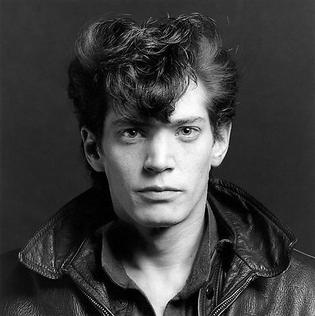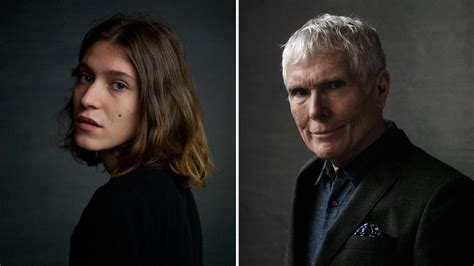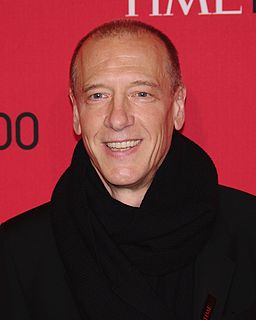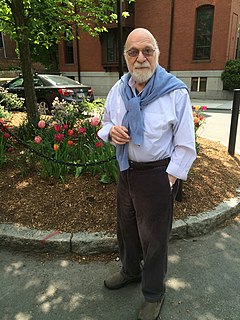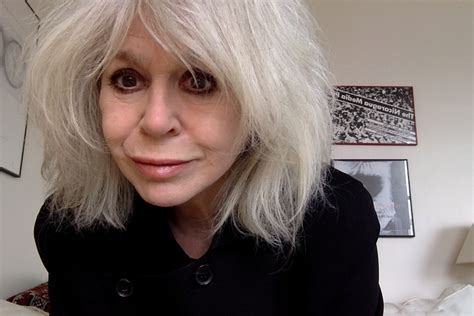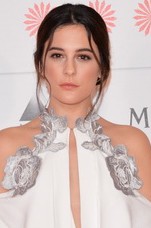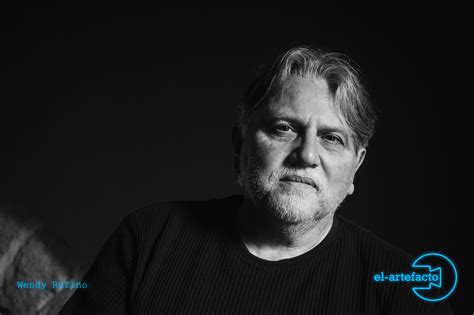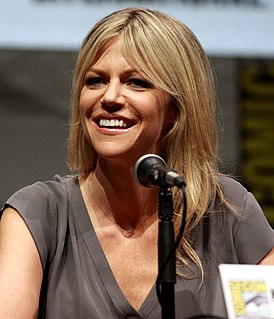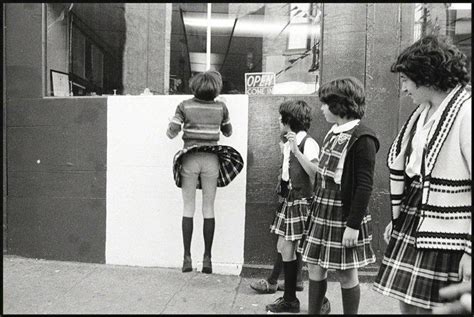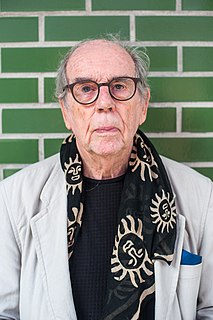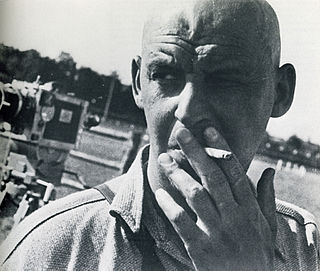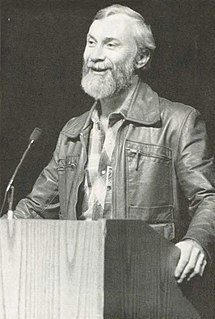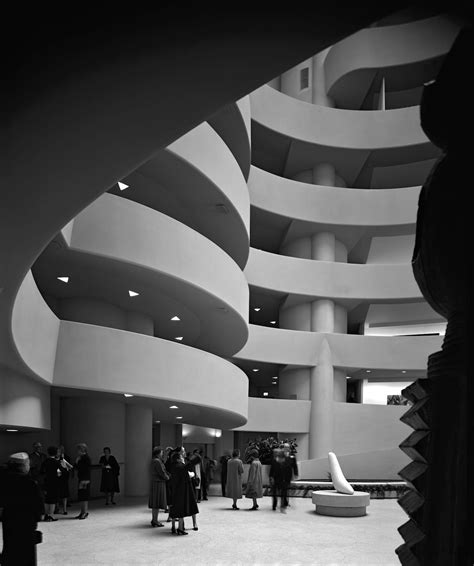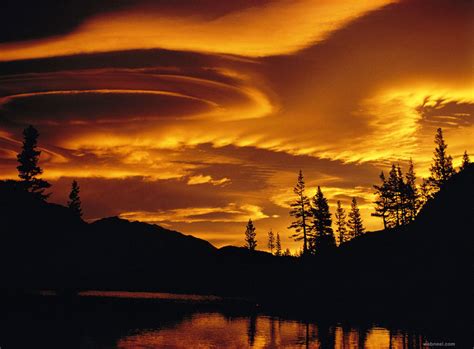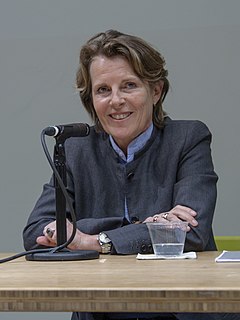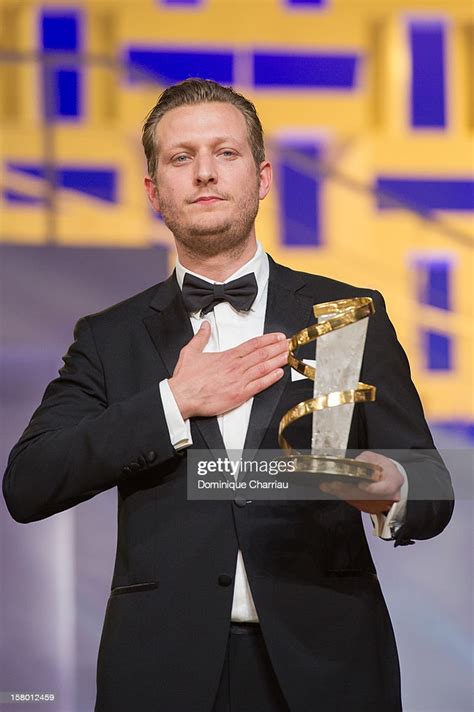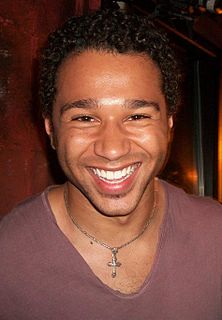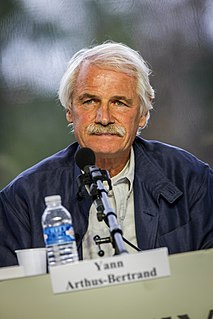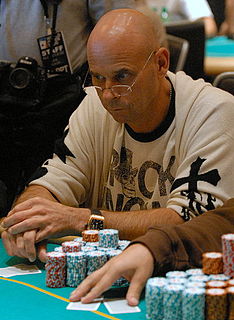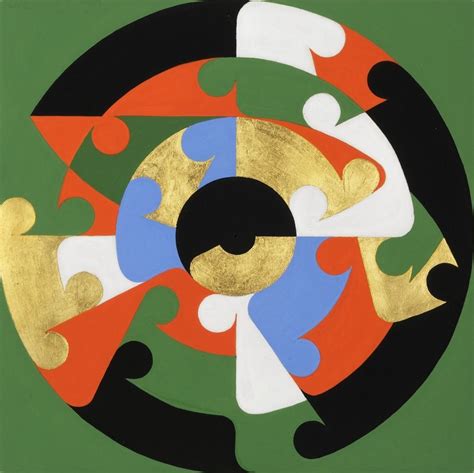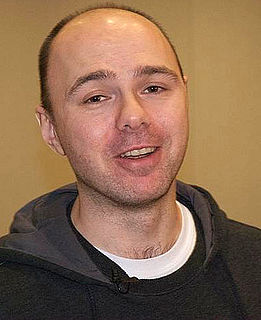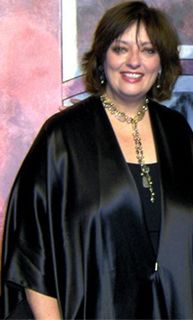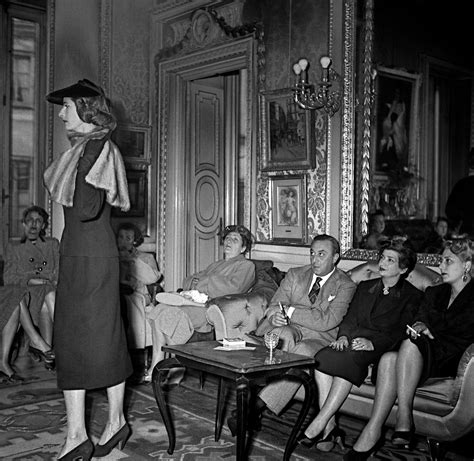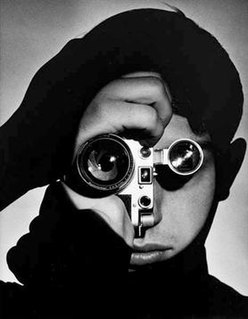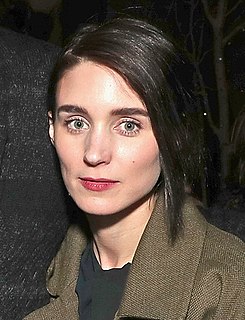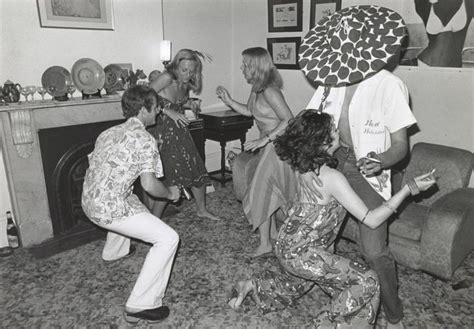Top 1200 Camera And Photography Quotes & Sayings - Page 4
Explore popular Camera And Photography quotes.
Last updated on December 4, 2024.
I never felt in competition with anybody in war photography. You're lucky to get your ass in and out again. It's as simple as that. It's the easiest photography in the world to shoot somebody who's been shot up. It doesn't take a genius. That's easy. The only thing you need to know is your photography. Get in and if you're lucky get out. And get as close as you can get.
I really wanted to be a model when I was little. I loved photography, and I loved being on camera. But I was short and chubby, so I couldn't. Anyway, being an artist is way more interesting than just being a model because it's about you and what you want to be. You're not being treated like a clothes hanger.
Photography really is all about lines, and so is clothing. I worked for Oberto Gili for a couple of years after I was at ICP; we worked in fashion, travel, interior design, everything. I was inspired by his styling choices within fashion photography, and I think those experiences helped steer me towards fashion design. I love photography as a medium, so I think I will always take inspiration from it.
Making photos is helpful of course to master the craft. To get comfortable with the camera. Learn what a camera can do and how to use the camera successfully. Doing exercises for example if you try to find out things that the camera can do that the eye cannot do. So that you have a tool that will do what you need to be done. But then once you have mastered the craft the most important thing is to determine why you want to shoot pictures and what you want to shoot pictures of. That's where the thematic issue comes to life.
A huge part of what we do as actors is learning to ignore the camera, as if it's not even there, while simultaneously being very aware of the camera and what it's capturing, because you can give the best performance of your life, but if you do it with the back of your head facing the camera, it's going to get cut from the movie.
Under examination by the camera, a human body becomes for its inhabitant a field of betrayal more than a ground of communication, and the camera's further power is manifested as it documents the individual's self-conscious efforts to control the body each time it is conscious of the camera's attention to it.
The camera course was a bit crap. But when I was in drama school, I wasn't interested. I wanted to be a stage actress. I was not interested in learning camera craft. But then you throw yourself in the deep end when you do get a job in front of the camera because you have absolutely no idea what you're doing, and it is a skill.
The first half of the 20th century belongs to Picasso, and the second half is about photography. They said digital would kill photography because everyone can do it, but they said that about the box brownie in 1885 when it came out. It makes photography interesting because everyone thinks they can take a picture.
I think there is an element of magic in photography - light, chemistry, precious metals - a certain alchemy. You can wield a camera like a magic wand almost. Murmur the right words and you can conjure up proof of a dream. I believe in wonder. I look for it in my life every day; I find it in the most ordinary things.
Everybody now has a camera, whether it is a professional instrument or just part of a phone. Landscape photography is a pastime enjoyed by more and more. Getting it right is not an issue. It is difficult to make a mistake with the sophisticated technology we now have. Making a personal and creative image is a far greater challenge.
The traditional difficulty of balancing the mechanical with the imaginative schools of photography still operates. In schools of photography meaningful art education is often lacking and on the strength of their technical ability alone students, deprived of a richer artistic training, are sent forth inculcated with the belief that they are creative photographers and artists. It is yet a fact that today, as in the past, the most inspiring and provocative works in photography come as much (and probably more) from those who are in the first place artists.
Photography is inextricably linked with life; the photographer is not invisibly behind the camera but projecting a life-attitude through the lens to create an interference pattern with the image. Who he is, what he believes, not only becomes important to know intellectually, but also becomes revealed emotionally and visibly through a body of work.
Film, television, and working with a camera is such an intimate art form that if a camera is right on you, and I've got your face filling the screen, you have to be real. If you do anything that is fake, you're not going to get away with it, because the camera is right there, and the story is being told in a very real way.
The similarity between Van Gogh, Haiku poetry, and good photography is the concern for mortality. That things are very fleeting, that there are people who are more sensitive to death than others. The threat of time is of great concern to them. And the camera is a very appropriate instrument for many.
Photography must seize upon this moment and hold immobile the equilibrium of it. The photographers eye is perpetually evaluating. A photographer can bring coincidence of line simply by moving his head a fraction of a millimeter. He can modify perspectives by a slight bending of the knees. By placing the camera closer to or farther from the subject, he draws a detail — and it can be subordinated, or he can be tyrannized by it.

